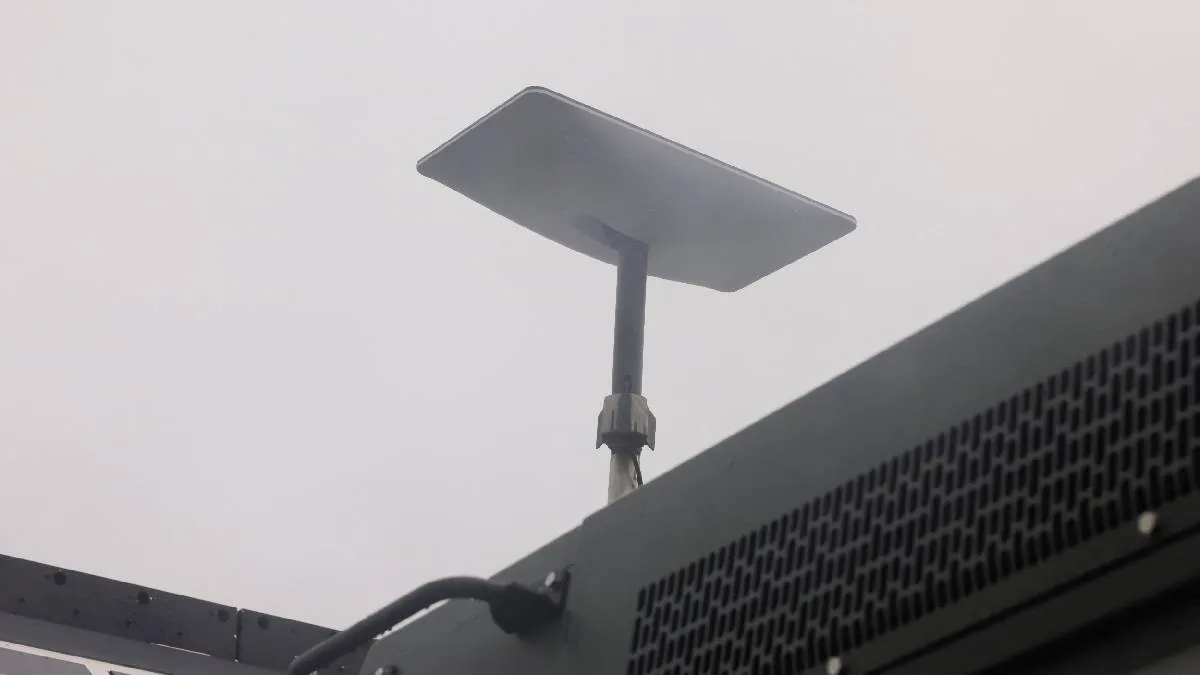- News
- Technology
- Starlink to launch in India soon as the government makes significant announcement, Musk expressed appreciation
Starlink to launch in India soon as the government makes significant announcement, Musk expressed appreciation
Satellite internet services like Starlink are set to launch in India soon. The government's recent announcement regarding the methodology of awarding spectrum for satellite services in India has addressed a key concern of operators.

The Indian government recently made a significant announcement regarding the allocation of spectrum for satellite broadband. The government stated that it will be allocating spectrum administratively instead of through an auction process. This decision comes shortly after Elon Musk expressed criticism of the auction route proposed by Mukesh Ambani, India's rival billionaire. The debate over the methodology of awarding spectrum for satellite services in India has been ongoing, especially considering the projected 36 per cent annual growth of the market, expected to reach USD 1.9 billion by 2030.
Reliance concern
Musk's company, Starlink, has advocated for the administrative allotment of licences, citing a global trend in this approach. On the other hand, Reliance, led by Mukesh Ambani, has argued in favour of an auction to ensure a level playing field, highlighting the absence of provisions in Indian law for providing satellite broadband services to individuals.
Telecoms Minister Jyotiraditya Scindia announced during an event in New Delhi that the spectrum will be allocated administratively by Indian laws, and its pricing will be determined by the telecom watchdog. He emphasised that deviating from this approach to conduct an auction would set India apart from the rest of the world.
Elon Musk appreciates the government's decision
Elon Musk expressed appreciation for the government's decision, stating on a social media platform that Starlink will strive to serve the people of India to the best of its ability. Reuters previously reported that Reliance had contested the Indian telecom regulator's consultation process, which indicated that home satellite broadband spectrum should be allocated rather than auctioned, and called for a reevaluation of the process.
Musk further highlighted that any decision to auction the spectrum would be unprecedented, noting that the ITU has long designated this spectrum as a shared spectrum for satellites. India is a member of the ITU and a signatory to its treaty, which regulates satellite spectrum allocation to ensure rational, efficient, and economical use of this limited natural resource.
Airtel’s concerns
Sunil Mittal, co-chair of global satellite group Eutelsat, voiced support for the auction route, particularly for satellite companies aiming to penetrate urban areas and cater to elite retail customers. He emphasised that such companies should acquire telecom licences and purchase spectrum, similar to traditional telecom companies.
Earlier in 2023, both Eutelsat unit OneWeb and Airtel had expressed concerns about the auctioning of the spectrum in their submissions to the Indian government. Musk's Starlink and other global peers like Amazon's Project Kuiper advocate for administrative spectrum allocation, emphasising the shared nature of this natural resource among companies.
ALSO READ: Jio's Akash Ambani offers two suggestions to PM Modi during IMC inauguration ceremony
Inputs from Reuters